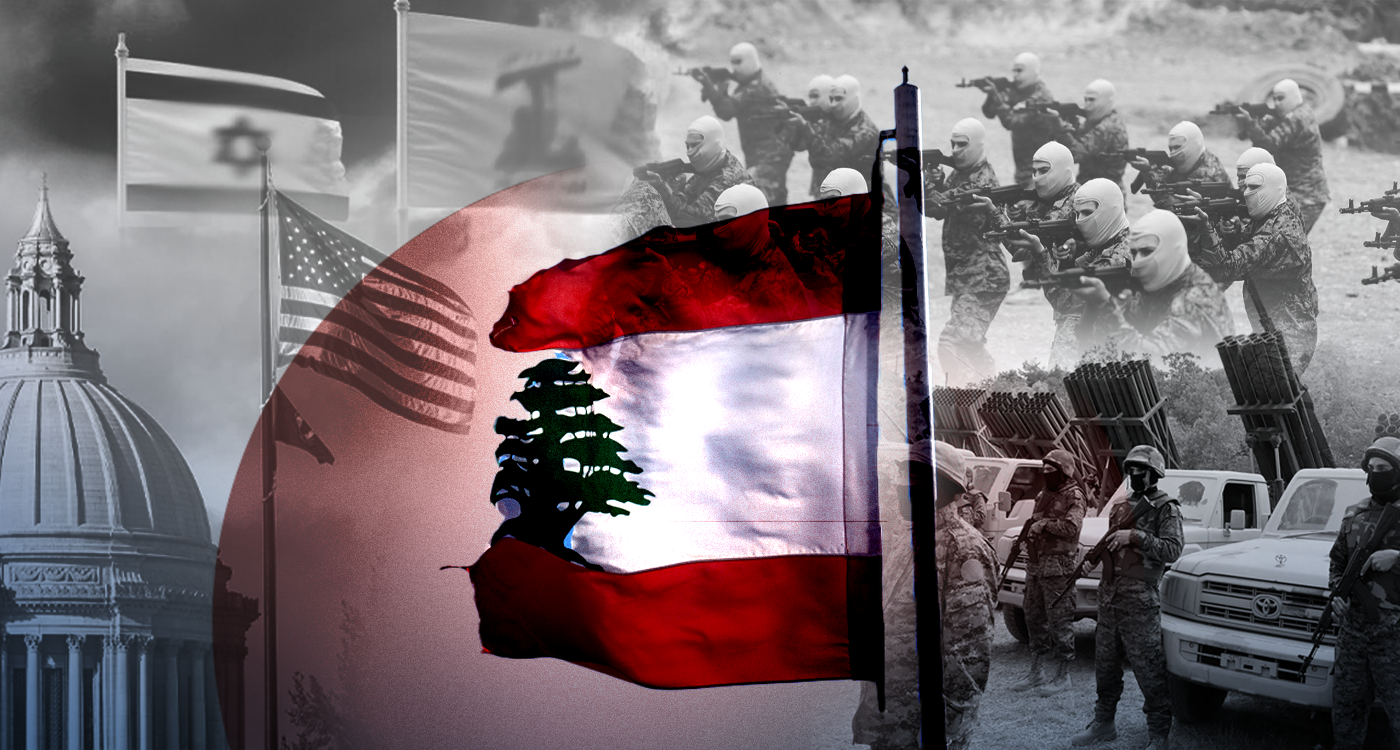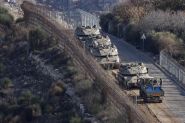
Lebanon’s long‑simmering debate over Hezbollah’s disarmament has sharpened into a defining confrontation between state sovereignty and a foreign‑backed militia. In Washington, the issue is becoming the centerpiece of US regional policy. For President Trump’s administration, Hezbollah’s disarmament is not merely a security objective but a strategic necessity—one that underpins efforts to contain Iran’s influence, safeguard Israel, and salvage Lebanon’s failing institutions.
Washington’s Deadline Diplomacy
After incremental pressure, US officials now see the coming months as critical. Ambassador Tom Barrack, the administration’s de facto envoy to Lebanon, has made it clear that Washington’s patience is exhausted. “If Beirut continues to waver,” he warned recently, “Israel may feel compelled to act unilaterally.” The remark crystallizes the new reality: Beirut’s hesitation is being interpreted as defiance.
Behind closed doors, US agencies are implementing a hybrid approach that mixes hard security measures with conditional aid. The emerging roadmap ties prospective financial aid and investment access to concrete disarmament steps and the Lebanese Armed Forces’ assertion of exclusive authority. Washington’s language reflects the recalibrated tone of US policy. Military experts characterize the LAF as well-intentioned but under-equipped, signals waning American confidence. The position taken by the US emphasizes a clear stance on Hezbollah and Iran, setting a line that leaves no space for Lebanese ambiguity: For Washington, disarming Hezbollah is no longer a request; it’s a prerequisite for bilateral trust and financial recovery.
Hezbollah’s Waning Power
US pressure comes as Hezbollah itself faces internal stress. Once buoyed by Iranian funding and domestic support, the organization confronts financial shortfalls, declining popularity, and the gradual erosion of its “resistance” myth. Economic hardship and war fatigue have exposed the limits of its claim to national legitimacy.
Recent intelligence assessments suggest Tehran’s capacity to sustain Hezbollah has diminished amid its own crisis of sanctions and revenue loss. In Lebanon, resentment grows over Hezbollah’s political dominance as unemployment and inflation soar. For the first time in decades, regional planners in Washington see an opening: Hezbollah’s strength remains challenging, but its vulnerabilities are multiplying.
The Latin American Factor
The organization’s expanding footprint in Latin America has become the latest evidence of strategic decay. Once framed within an ideological front against the West, Hezbollah’s Latin American operations now signal economic desperation. Congressional hearings and Security Council briefings detail narcotics and money‑laundering networks stretching across Venezuela, Colombia, and the tri‑border sector.
During a Senate hearing titled “Global Gangsters: Hezbollah’s Latin American Drug Trafficking Operations,” Senator John Cornyn captured Washington’s growing conclusion: “This is not just about the Middle East anymore. Hezbollah’s actions have globalized Lebanon’s crisis.”
The statement reflected a bipartisan recognition that Hezbollah’s criminalization—its shift from ideological militancy to transnational organized crime—has transformed it from a regional to a global security threat. The corollary is clear: so long as Hezbollah operates under Lebanon’s flag, international partners will treat Lebanon as an accessory to its activities.
The Price of Paralysis
The diplomatic fallout for Lebanon is severe. Multilateral institutions and Western governments increasingly view their financial system through a lens of high‑risk exposure. The association with Hezbollah complicates bailout negotiations and deters private capital. Each revelation of illicit revenue or arms trafficking erodes diplomatic credibility and makes it harder for even sympathetic states to justify a financial rescue.
Legislation like the “No Hezbollah In Our Hemisphere Act,” now advancing through Congress, aims to tighten global coordination against Hezbollah networks. If enacted, it would encourage Latin American governments to classify Hezbollah as a terrorist organization, expanding sanctions to encompass linked businesses and charities. The implications for Lebanon’s already fragile economy could be devastating.
Washington’s Calculation
For the United States, this moment represents both a pressure point and an opportunity. Senior administration officials describe a narrow window in which sustained diplomatic and economic leverage might compel action without military escalation. The strategy reflects a broader shift: treat financial isolation as the new instrument of disarmament.
Barrack has framed the policy in existential terms. Lebanon, he argued, is confronting its final chance to define itself as sovereign. Failure to act could provoke unilateral Israeli measures or trigger a breakdown in what remains of the US‑Lebanese partnership. Behind the warning lies a clear ultimatum: disarm Hezbollah or forfeit the state’s last reserves of international credibility.
Whether such expectations are realistic is a separate question. The Lebanese political class remains fragmented, Hezbollah retains coercive leverage, and external actors—from Iran to France—pursue conflicting agendas. Yet in Washington’s calculus, the absence of progress will accelerate Lebanon’s isolation.
In the words of one senior diplomat, the time for ambiguity has ended. Lebanon can purge its contradictions—or be consumed by them.




Comments